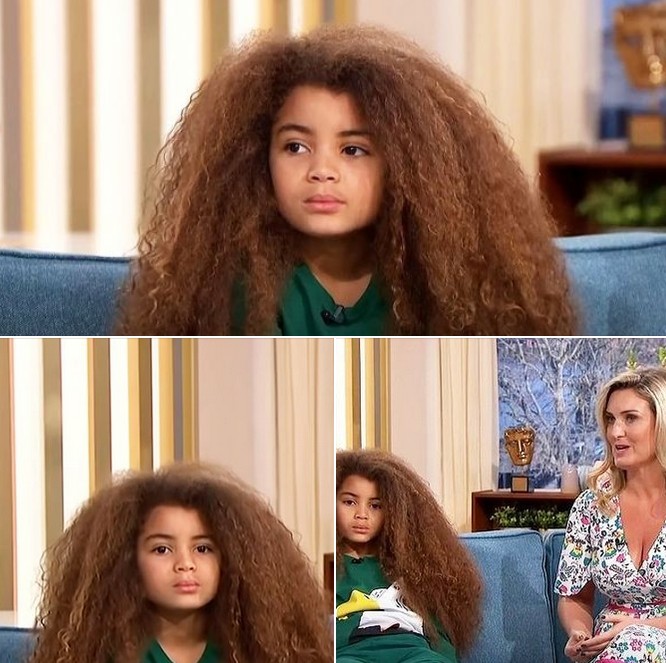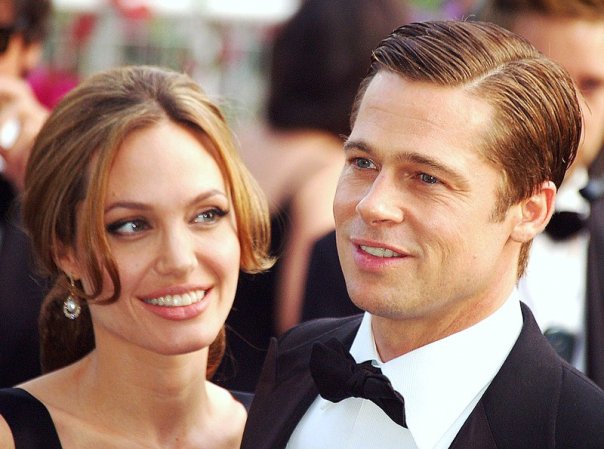
In the diverse city of London, there’s an 8-year-old boy named Farouk James who is capturing hearts and igniting a conversation. It’s not just because of his boundless energy or his successful ventures as a child model in global fashion capitals like New York and Italy. It’s because of something seemingly ordinary: his long, beautiful hair.
Farouk’s hair is not just hair – it’s a majestic mane that has thrust him into the spotlight and raised questions about fairness and school rules. Startled by a startling tale, his mother Bonnie Miller reveals that Farouk has faced rejection from multiple schools. The reason? Simply because his hair is longer than what the schools consider appropriate for boys.
Bonnie, a passionate advocate, highlights an important point: Farouk’s roots trace back to Ghana, where cultural traditions prevented them from cutting his hair until the age of three. By then, his bond with his locks was unbreakable – they were part of his identity, and Bonnie was just as enamored with his hair.
Shockingly, many schools in the UK enforce guidelines that dictate boys should not have long hair, while girls can. Bonnie believes this issue goes beyond hair length – it’s about basic human rights. Determined to challenge these norms, she has taken to Instagram, building a community of over 250,000 followers behind Farouk’s cause.
But this movement is about more than Farouk; it’s about igniting change. Bonnie launched a petition on Change.org, striving to put an end to what she sees as hair discrimination. Aptly named the “Mane Generation,” their advocacy group has garnered international attention.
Despite the overwhelming support and encouragement from internet users, Bonnie and Farouk face unkind messages, especially after sharing their story on popular TV shows. However, Bonnie remains undeterred. While she is surprised, considering the current focus on mental health, she refuses to be discouraged.
Bonnie firmly believes that strict school appearance rules are outdated and occasionally racially insensitive, pointing out that certain styles like dreadlocks and braids are often prohibited. Her mission is crystal-clear: she aims to create a world where Farouk and children everywhere can freely express their heritage and individuality without facing penalties.
Farouk’s story raises profound questions about societal norms and who gets to dictate them. Bonnie’s fight is a fight for her son’s right to education, without having to compromise a fundamental part of his identity. It’s a dialogue about acceptance, identity, and the kind of world we want to shape for the future.
In Bonnie’s eyes, and in the eyes of many who support her, Farouk’s hair is a gift. It shouldn’t be the reason he is denied an education or a sense of belonging. The winds of change are blowing, and with any luck, the rules will change too.
What are your thoughts on these unnecessarily strict and uncalled-for school rules? Share your opinions in the comments section below.





